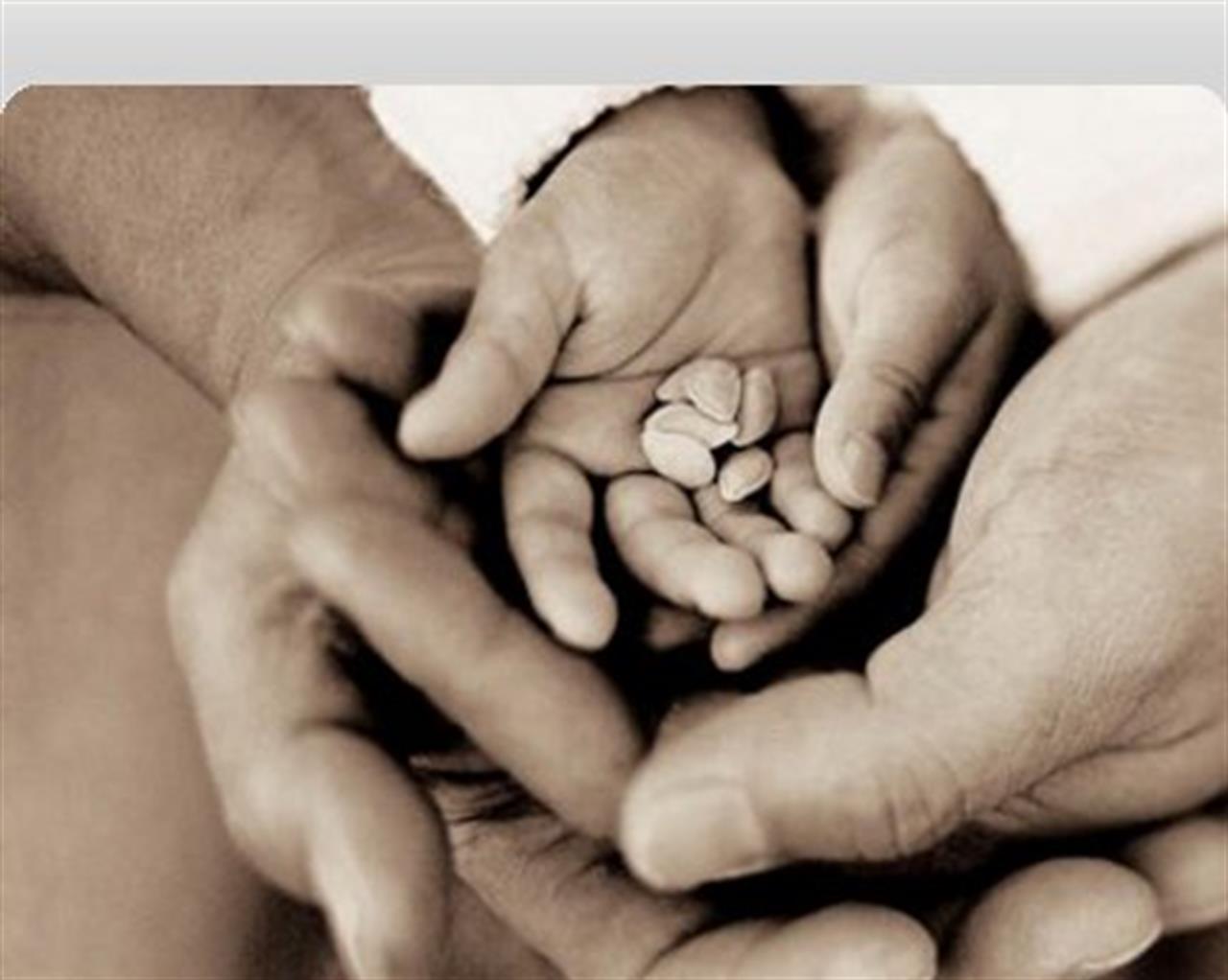Non profit
A new social card to fight poverty
The proposal will be launched by the Italian Association of Christian Workers.

Italian newspapers have recently discussed the Work Family Fund made by the Diocese of Milan following the suggestion of the cardinal, Dionigi Tettamanzi. The reports emphasize the need to promote stronger public policies towards poverty, complementary to the efforts made by dioceses, non-profit organizations, enterprises and private citizens. These kinds of policies should be addressed to families who live in absolute poverty. Unfortunately, similar measures do not currently exist in Italy, which together with Greece, is the only country in Europe that doesn’t have a similar policy. Absolute poverty is experienced by families who are unable to reach suitable nutritional levels, who do not live in a house with hot water and energy and who cannot afford proper clothes. According to Istat (the Central Statistics Institute), in 2009, 4.7 per cent of Italian families lived in conditions of absolute poverty. In December 2008, the Berlusconi government introduced a “purchase card”, known as the Social card, for families with adults over 65 and children under 3 years old, living in poverty. Although limited, this has been the first national measure against poverty to be introduced in Italy. The Italian Associations of Christian Workers (ACLI) are now proposing a poverty plan in order to fix the weak points of the social card and emphasize its strengths. This project aims to introduce a national measure for all the families living in absolute poverty, in the next three years: the New Social Card (NSC). What are the main aspects of NSC? First of all it is addressed to all families living in conditions of absolute poverty in Italy, including European Community visa holders. Then the amount will pass from the current 40 euros to 129 euros per month, this will ensure an 18 per cent increase in the average income of poor families. The NSC also provides services to the person, such as social, educational, training or employment services. This plan aims to empower local welfare by giving city administrations the responsibility of organizing services at a local scale. This new project is also focused on the key role played by the third sector as services supplier, local program planner and as an antenna able to identify the needs that are present in a specific area. The proposal put forward by ACLI may not be particularly innovative but it is the result of a series of analyses and suggestions made by technicians over the last few years. In the next three years the proposal will cost 787 million euros more than the previous one and it will amount to a total of 2,360 million euros of public expense. This is a matter of political priorities. Since there are 487 million euros left from the present Social Card fund, as it has been recently announced by the Minister of relations with parliament, Elio Vito, that if the project were to be developed now the cost of the plan for the first year would amount to 300 million euros. This of course would happen if the government wanted to introduce a structural intervention to impact poverty starting from now.
Si può usare la Carta docente per abbonarsi a VITA?
Certo che sì! Basta emettere un buono sulla piattaforma del ministero del valore dell’abbonamento che si intende acquistare (1 anno carta + digital a 80€ o 1 anno digital a 60€) e inviarci il codice del buono a abbonamenti@vita.it
